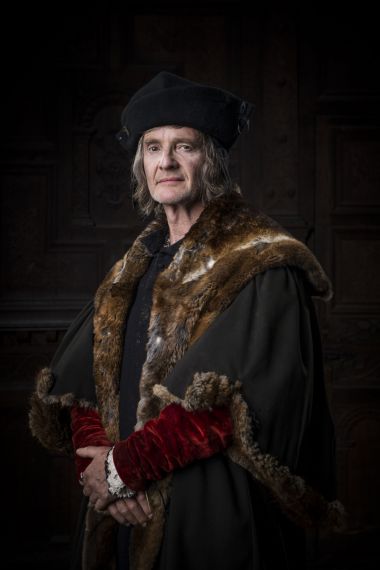'Honour God with your body': How misunderstanding the soul leads us into sin

Anwar Ali chopped off his own hand after his imam accused him of blasphemy. It was all a ghastly mistake: the class had been asked to raise their hands if they didn't love Muhammad and he misheard. When the imam screamed "Blasphemer!" at him, Anwar took what he considered to be the appropriate action, and returned to the mosque later that day with his hand on a plate.
It is desperately sad, not least because he appears to have the approval of his community. He will pay the price of a learned fanaticism for the rest of his life, and may come to regret it.
Anwar Ali's treatment of his own body is an example of religion gone wrong. But seizing on him as as an example of the evils of Islam would be to ignore the parallels in some strands of Christianity – and it stops us reflecting on how we go wrong, too.
In the Sermon on the Mount recorded in Matthew 5, Jesus says: "If your right eye causes your downfall, tear it out and fling it away; it is better for you to lose one part of your body than for the whole of it to be thrown into hell. If your right hand causes your downfall, cut it off and fling it away; it is better for you to lose one part of your body than for the whole of it to go to hell."
Jesus' words have generally been spiritualised to mean that we should avoid things that tempt us. They have sometimes been taken entirely literally, though. The early Church father Origen is thought to have had himself castrasted to help him avoid sexual sin. Male members of the Russian Skoptsy sect, which began in Tsarist Russia and continued until at least the mid-20th century, amputated their genitals; women had their breasts removed. It is not known whether any of them remain. There is a long tradition in Roman Catholicism and Orthodoxy of mortification of the flesh; punishing the body through beating, wearing hair-shirts (which might be made of the pelt of an animal with the hair on the inside, irritating the skin) or inflicting some other sort of pain or discomfort. The physical pain of the disciple mirrors the pain of Christ on the cross and leads to a closer identification with him.
In the Philippines, Catholic devotees re-enact Christ's crucifixion quite literally: they have themselves nailed to crosses by other participants dressed as Roman soldiers.
Most Christians today recoil from such demonstrations. Paul says in 1 Corinthians 6:19-20, "Do you not know that your bodies are temples of the Holy Spirit, who is in you, whom you have received from God? You are not your own; you were bought at a price. Therefore honour God with your bodies." There is nothing honouring to God about damaging or destroying the bodies he has given us.
But simply condemning this sort of thing lets us off the hook. At its root is an unChristian separation between the mind and the body that owes more to Greek philosophy than it does to the Bible.
In this way of thinking, we "are" our souls, and we only inhabit our bodies. They are the flesh that veils the real "us".
It's this kind of thinking that lets Anwar Ali cut off his hand and Filippino Catholic devotees abuse their bodies in a warped form of worship.
But it's this that Paul has in his sights when he writes to the Corinthians as he does. They are not to imagine that what they do to their bodies, and with them, has nothing to do with their true selves.
We can't assume that none of this applies to us. We all face temptations which arise from our being embodied creatures. We are tempted to eat too much, we face sexual temptation, or we are too lazy to get up in the morning. These are easy to see. But when we are tired we get irritable; when we are hungry we snap; when we are too hot or too cold we lose the ability to think straight. When we drink too much alcohol, all our behaviour is affected.
Our physical condition affects how we feel and what we do. There's no hard and fast boundary between the physical and the spiritual.
So perhaps the lesson to learn from poor Anwar Ali, and from Origen, the Skoptsy and St Thomas More, whose hair shirt is preserved at Syon Abbey, is that sin and temptation are not located outside ourselves – in other people, demons, ideas or our own bodies – they are part of being human. We should accept our humanity and ask God to purify it, not reject it and seek to destroy it.
Follow Mark Woods on Twitter: @RevMarkWoods











